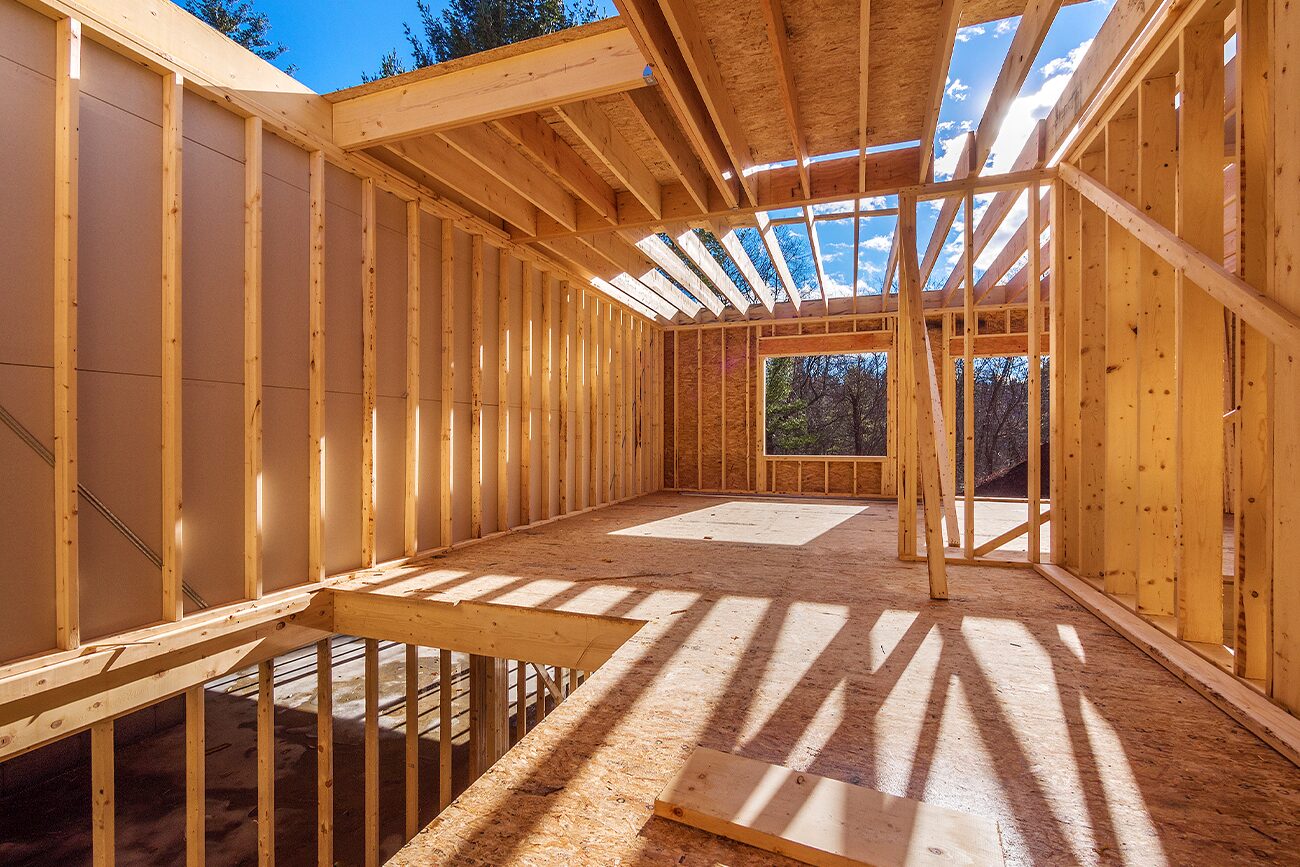- No products in the cart.


ABS data released today shows total building approvals fell by 8.2 per cent in July 2025. Master Builders Australia said the monthly drop is a reminder of how fragile the recovery in home building remains.
Despite the decline, approvals are still 6.6 per cent higher than a year ago, pointing to underlying momentum in the market.
Chief Economist Shane Garrett said this shows the appetite for new housing is there, but progress is uneven and too slow to meet the scale of the National Housing Accord.
“The decline was driven by an 18.8 per cent plunge in higher-density approvals. However, activity in this part of the market is still 16.9 per cent up on a year ago. Detached house approvals rose marginally (+0.6 per cent) in July, with 9,429 houses approved – about the same as a year ago (+0.7 per cent).
“Despite the monthly dip, the year to July 2025 saw 188,727 new dwellings approved across Australia, the largest annual total since the start of 2023.
“We’re likely to have suffered a 60,000-home shortfall during the Housing Accord’s first year so we need to average 255,000 homes annually over the remaining four years of the Accord. The pace of building approvals over the last 12 months is more than 66,000 below this speed requirement. If it stays like this, we’re in for a 265,000 deficit against the Accord’s 1.2 million target,” Mr Garrett concluded.
Master Builders Australia CEO Denita Wawn said the figures highlight both the positive signs and the challenges ahead.
“Builders are encouraged by the steady lift in detached home approvals and the strongest quarterly performance in nearly three years. But the slump in higher-density approvals is a real concern because that is where the Accord will rely most heavily for delivery.
“Australians need more homes, and approvals are a critical leading indicator of future supply. Demand is there, but unless governments make it easier to get projects approved and more workers into the industry, that demand will remain unrealised,” Ms Wawn said.
The value of non-residential building approvals fell sharply in July, down 14.9 per cent to $6.09 billion, while the value of home renovations approvals rose 1.9 per cent to $1.25 billion.
Ms Wawn said unlocking the next wave of housing supply requires urgent reform.
“We need governments at every level to fast-track planning approvals and invest in workforce capacity. Without that, we cannot bridge the growing gap between housing demand and supply.”
Media contact: Dee Zegarac, National Director, External Affairs & Engagement
0400 493 071 | dee.zegarac@masterbuilders.com.au

